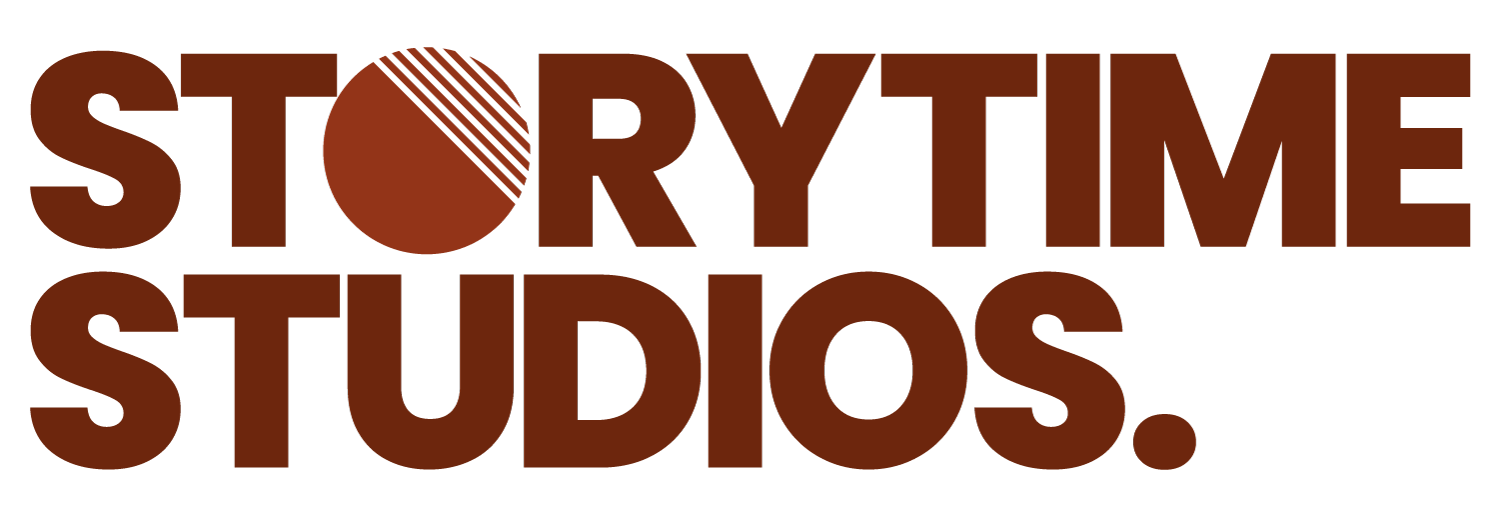AI in Business: ChatGPT Explained
Lately, everyone has been talking about ChatGPT and the impact of AI on our lives. I was even at an event last week that talked almost exclusively about this topic and its potential effects on business.
This leads to the natural question of - how ChatGPT will impact your business. Specifically, how will AI impact a business's branding, marketing, and design - how will AI be used for creative projects?
I can see two problems that AI solves.
1. The blank canvas problem.
Having worked on enough projects, I can confidently tell you that getting started is one of the most intimidating aspects of creating brands, writing positioning statements, blog posts, email newsletters, or coming up with product descriptions.
Looking at a blank page and trying to fill that empty canvas with an idea is a problem.
There are a lot of reasons for this. Some are very personal. Some are related to time. That's not the point of this post. The point is that ChatGPT is very competent at summarizing ideas and generating "new" ones. It's a very good tool for handing you the starting thread of what can be turned into a fine tapestry of ideas collectively labelled into a cohesive concept.
2. The consistency problem.
The second problem that tools such as ChatGPT can help with is all to do with consistency. These days to have a presence and maintain your brand's awareness in the market, you have to produce a lot of content. This is not only difficult because of the blank canvas problem, but it's also because consistency is time-consuming. A tool like ChatGPT helps you get going and keep going in less time than it would take to do things manually.
'AI' programs are not perfect. What ChatGPT does not solve:
You will still need to edit the content and check if it's correct.
You must still tell it what you want by providing the appropriate prompts.
You will still have to deal with demanding customers and people.
Think of chatGPT like an excavator on a construction site.
Imagine you are digging a big and long trench. Previously, you would have had to dig that entire trench by hand with a shovel - which, given the size of the job, makes it hard to get started and taxing to finish. ChatGPT is like an excavator that can dig up vast sections of that trench for you for a lot less time and effort than it would take you to do with a shovel.
Is it going to be a perfect trench? No. Will the excavator be good at working around the niches and nuances of different sites? Also no. But that brings me to the most important point. These AI tools are just that - they are tools. They are there to help, not invent. Whether you hire an excavator or a labourer - you all need a plan (a direction to dig) and the reason for digging the trench in the first place.
Let me translate that back into more businessy terms.
Sure, ChatGPT will help you write this month's email newsletter. However, you still have to ask it - specifically - discuss "the impacts of inflation on the commercial drilling market". The algorithm will not magically know that this is the content you need or that you need this piece of content to be for an email newsletter versus a podcast or a LinkedIn post.
Nor does that digital tool know how much you care about the environment and how you choose to pay extra for using 100% recycled PVC pipes instead of the cheaper but less conscious virgin plastic versions. Your AI writing helper needs to be told that you want to talk about inflation impacting your drilling business. Because financial pressures are making it more likely that you'll have to switch to cheaper materials or raise prices to stay in business.
In this example, you still need to specify the topic - giving the AI direction. Specify the outputs and how the content will be used, i.e., an email newsletter. And what tone, values, and ethos should be applied to the text, which in this case is a commercial drilling operation that cares about the environment.
By the way: I don't know if any of this made-up example is true - I know nothing about industrial drilling; I'm just making an example. Also, I think big machines are amazing, and not-tech industries deserve more attention.
Are these tools perfect? No. And frankly, I don't think they need to be. They are helpers, and right now, they are in the very early phases of development. Meaning they will only get better.
What's exciting is that these tools provide real value to an information-age workforce of people who are ever busier and ever shorter on time.
